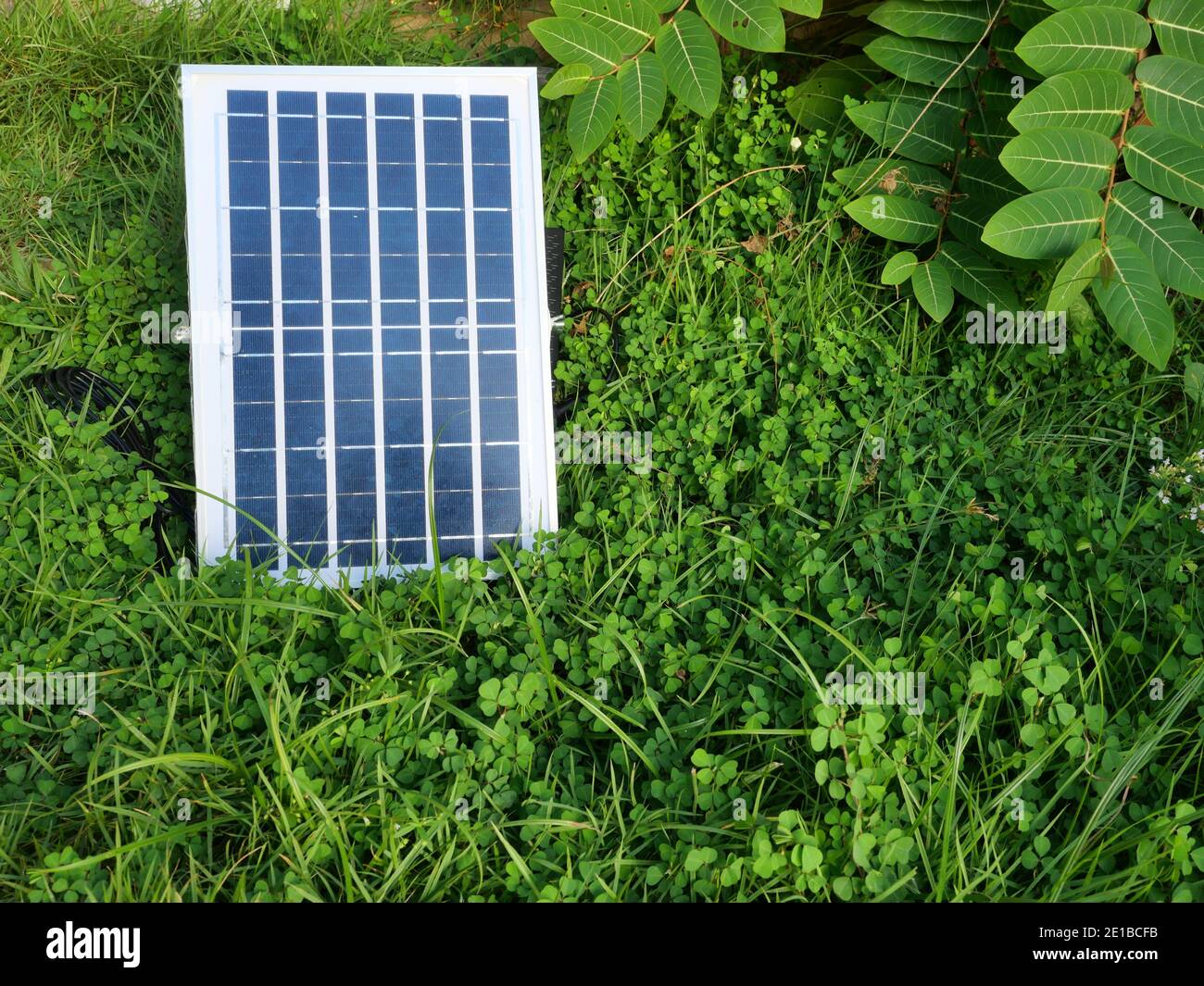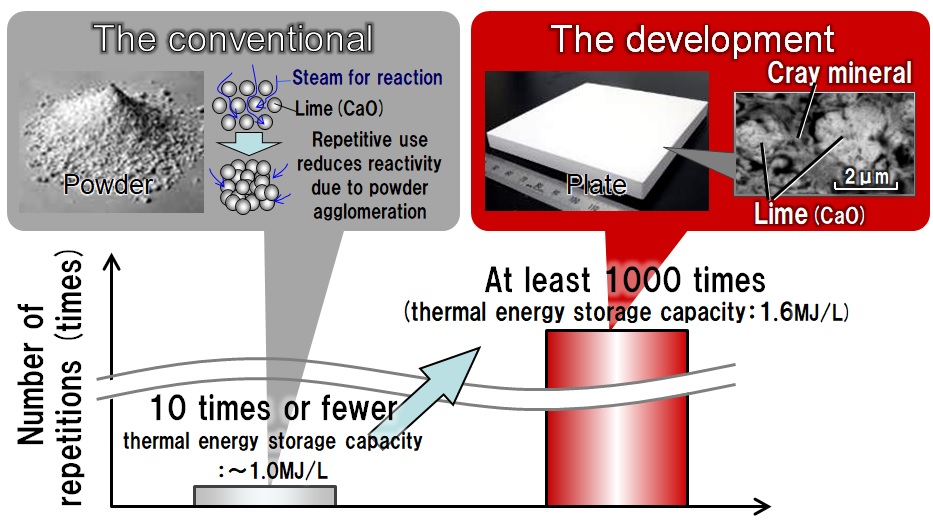
Sunrun is one of the largest solar energy providers in the country. They offer multiple 10-year warranties on their panels and operate in 22 states. You have the option of leasing, buying, renting, or purchasing your solar panels. You also have the option to choose from crystalline, monocrystalline and thin-film panels. Sunrun was established in 2007 and is the largest solar energy provider in the country. Sunrun solar panels can be leased with many benefits including a ten-year warranty, a wide range of panel types, and various payment options.
Leasing a solar panel is a great way to get the benefits
A solar array lease can help you save a lot of money in the beginning. Depending on the solar lease you choose, you can save as much as $25,000 or more. Because you do not own the solar panels, you only have to pay a monthly fee, which could be less than what you would pay for electricity from the grid. Leasing comes with other benefits. When you choose the right business, you will save on monthly costs.
You can save up to 15% to 40% on your utility bills by leasing a solar array, depending on which system you choose. Your utility rates will rise and you'll save more. For solar vendors, leasing doesn't require upfront payment. Instead, the solar lease company will cover the permits, equipment and installation costs. Once the system has been turned on, the payments will become due. The leasing company will also manage repairs and maintenance as they insure the system.

How much does it cost to lease a solar system?
While leasing a solar array may save you money in short-term, the cost of ownership can quickly add up. Your solar array may cost you more than the system. The payments will likely increase over time to compensate for future energy price increases, but the amount may not go above 3%. Furthermore, solar leases are never free. You'll be paying escalators that increase as electricity prices increase.
Solar leases are less expensive than purchasing a solar array. Lease interest financing and third-party insurance are also required. Although leasing is more affordable in the short term than buying, it may not make sense for everyone. This is particularly useful for those who don't wish to commit to a long term solar plan. Here are some pros and cons of leasing a solar array.
Costs of purchasing a solar array
The cost of installing a solar array can vary depending on the region. Residential systems typically cost between $3.50 and $5 per watt. Installing a solar system can be cheaper with tax credits and incentives. Depending on your region and the type of solar panel you want, you can expect to save anywhere from $650 to $25,000 per year. Because installation costs vary depending on location, there are many solar panel options.
It is important to keep in mind that the material cost doesn't include overhead or labor costs when determining the cost for purchasing a solar array. Your financial situation is also important. Are you able or able pay the upfront cost of installation? Are there any savings or credit cards balances that you can use to pay for the installation? If you do not have the cash up front, you may have to apply for financing or leasing to pay for your solar panels. You can still benefit from tax credits and other benefits if you have the funds upfront.

Permit requirements for installing a solar array
The permit requirements to install a solar array will vary depending on where you live. Residents in Cheyenne and Casper might need to have different permits than those from other cities. The required permits will require you to complete an application along with drawings of the solar panel system. You might also need to get zoning approval. It can be time-consuming and costly to get the permits. You may also need to pay gas for dropping off permits, and some cities might require you to hire a licensed installer.
You will need to comply with all local building codes. In addition, the local enforcing agency must oversee the installation. They will check whether the structure is compliant with local and state building codes, depending on where it is located. This includes checking if the installation meets fire safety regulations. Many jurisdictions have reached memorandums involving fire departments. However, it is important that you check with your local fire department before planning your installation.